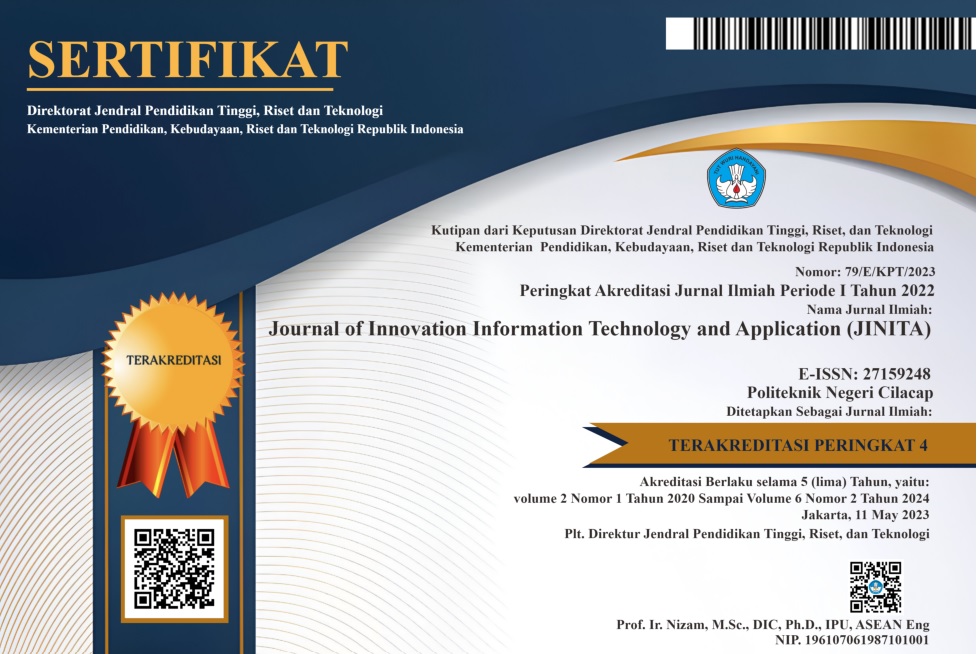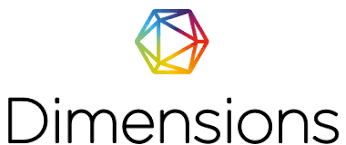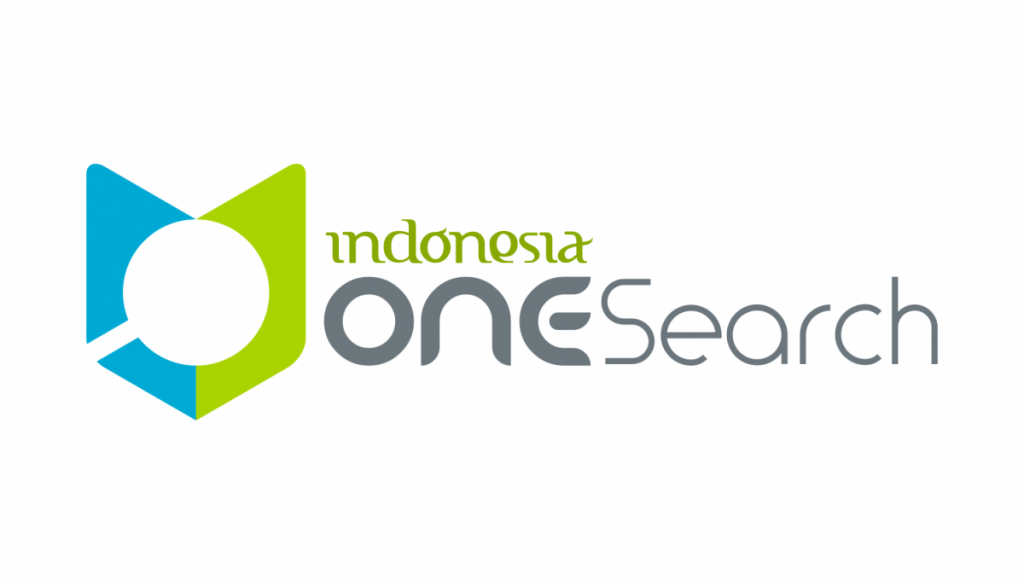Blockchain Based Donation Management in Disaster Response
 Abstract views: 372
,
Abstract views: 372
,
 PDF downloads: 240
PDF downloads: 240
Abstract
Both natural and man-made disaster leave thousands of people in vulnerable and in need for essential aid. While individuals generously donate resources, traditional donation management systems suffer from limitations. Centralized control, opaque transactions, and potential corruption often hinder aid delivery and leave victims in despair. This paper proposes a novel Ethereum blockchain-based system for transparent and secure disaster donation management. Utilizing smart contracts, the system ensures traceability, accountability, and immutability of donations, empowering donors and fostering trust. This paper presents the system's architecture, detailing its components and interactions through sequence diagrams and algorithms. Additionally, successful testing on the Sepolia Ethereum testnet validates its functionality. To assess its effectiveness, a cost and security analysis is conducted. This blockchain-based framework offers a promising solution for transparent and efficient disaster response, potentially revolutionizing donation management. Further research, particularly on donation allocation optimization within the system holds immense potential for future development.
References
“Global Report on Internal Displacement 2023 IDMC Global Report on Internal Displacement 2023 IDMC II III.” Accessed: Feb. 24, 2024. [Online]. Available: https://www.internal-displacement.org/global-report/grid2023
“INTERNATIONAL DAY FOR DISASTER RISK REDUCTION 2023.”Accessed:Feb.24,2024. [Online]. Available: https://www.undrr.org/publication/concept-note-international-day-disaster-risk-reduction-2023
A. Rawat et al., “The contribution of community health systems to resilience: Case study of the response to the 2015 earthquake in Nepal,” J Glob Health, vol. 13, 2023, doi: 10.7189/JOGH.13.04048.
“Digital Accountability,” 2023. Accessed: Feb. 14,2024.[Online]. Available: URL: https://www.chaberlin.org/en/publications/digital-accountability-2
U. S. Mishra, P. Mishra, S. Ranjan, D. ≠1, U. Sankar, and M. ≠2, “Emerging issues and opportunities in disaster response supply chain management,” 2013. [Online]. Available: https://www.researchgate.net/publication/298693693
S. Park, S. Lee, and J. Cho, “Uneven Use of Remote Work to Prevent the Spread of COVID-19 in South Korea’s Stratified Labor Market,” Front Public Health, vol. 9, Oct. 2021, doi: 10.3389/fpubh.2021.726885.
M. Fiore et al., “Blockchain for the Healthcare Supply Chain: A Systematic Literature Review,” Applied Sciences (Switzerland), vol. 13, no. 2. MDPI, Jan. 01, 2023. doi: 10.3390/app13020686.
Simon, S. Hutagulung, H. Indrajat, and D. Hermawan, “Socioeconomic Factor, Disaster Literacy, and Disaster Awareness in Lampung Province”, doi: 10.29313/mimbar.v39i1.
F. Sabz Ali Pour, P. Niculescu-Mizil Gheorghe, and P. Niculescu-mizil Gheorghe, “A Blockchain-Enabled Model to Enhance Disaster Aids Network A Blockchain-Enabled Model to Enhance Disaster Aids Network Resilience Resilience A Blockchain-Enabled Model to Enhance Disaster Aids Network Resilience.” [Online]. Available: https://rocys.ici.ro/fall2021-article-8.html
M. Faherza, H. Rahman, I. Nurhadi, S. A. Widjaja, and H. Okitasari, “Blockchain Disaster Management for Humanitarian Logistic as Post-Disaster Response Measures,” 2023. [Online]. Available: https://ejournal.upi.edu/index.php/JLSC
H. Saleh, S. Avdoshin, and A. Dzhonov, “Platform for tracking donations of charitable foundations based on blockchain technology,” in Proceedings - 2019 Actual Problems of Systems and Software Engineering, APSSE 2019, Institute of Electrical and Electronics Engineers Inc., Nov. 2019, pp. 182–187. doi: 10.1109/APSSE47353.2019.00031.
A. Almaghrabi and A. Alhogail, “Blockchain-based donations traceability framework,” Journal of King Saud University - Computer and Information Sciences, vol. 34, no. 10, pp. 9442–9454, Nov. 2022, doi: 10.1016/j.jksuci.2022.09.021.
D. Hawashin et al., “Blockchain-based management of blood donation,” IEEE Access, vol. 9, pp. 163016–163032, 2021, doi: 10.1109/ACCESS.2021.3133953.
H. Wu and X. Zhu, “Developing a Reliable Service System of Charity Donation during the Covid-19 Outbreak,” IEEE Access, vol. 8, pp. 154848–154860, 2020, doi: 10.1109/ACCESS.2020.3017654.
A. Javadpour, F. S. AliPour, A. K. Sangaiah, W. Zhang, F. Ja’far, and A. Singh, “An IoE blockchain-based network knowledge management model for resilient disaster frameworks,” Journal of Innovation and Knowledge, vol. 8, no. 3, Jul. 2023, doi: 10.1016/j.jik.2023.100400.
A. Musamih et al., “A blockchain-based approach for drug traceability in healthcare supply chain,” IEEE Access, vol. 9, pp. 9728–9743, 2021, doi: 10.1109/ACCESS.2021.3049920.
D. Kolhatkar, O. Jain, S. Patil, P. Shelke, R. Mirajkar, and P. Wawage, “Blockchain Applications in Disaster Management Systems,” in 2023 4th International Conference for Emerging Technology, INCET 2023, Institute of Electrical and Electronics Engineers Inc., 2023. doi: 10.1109/INCET57972.2023.10170452.
J. Bhatelia, S. Pandita, A. Ajmera, N. Shekokar, and N. Katre, “Supply Chain of Relief Materials using Blockchain,” ITM Web of Conferences, vol. 32, p. 03036, 2020, doi: 10.1051/itmconf/20203203036.
F. Sunmola and P. Burgess, “Transparency by Design for Blockchain-Based Supply Chains,” in Procedia Computer Science, Elsevier B.V., 2022, pp. 1256–1265. doi: 10.1016/j.procs.2022.12.324.
R. C. Bonfanti, B. Oberti, E. Ravazzoli, A. Rinaldi, S. Ruggieri, and A. Schimmenti, “The Role of Trust in Disaster Risk Reduction: A Critical Review,” Int J Environ Res Public Health, vol. 21, no. 1, p. 29, Dec. 2023, doi: 10.3390/ijerph21010029.
Z. Nkombi and G. J. Wentink, “The role of public participation in disaster risk reduction initiatives: The case of Katlehong township,” Jamba: Journal of Disaster Risk Studies, vol. 14, no. 1, 2022, doi: 10.4102/jamba.v14i1.1203.
“Ethereum Gas Tracker — Etherscan — etherscan.io.” Accessed: Feb. 13, 2024. [Online]. Available: https://etherscan.io/gastracker
N. Izzah Batrisyia Mohd Azhar, M. Mat Rejab, and F. Sains Komputer dan Teknologi Maklumat, “i-Care: A Web-Based Online Goods Donation Management System,” Applied Information Technology And Computer Science, vol. 4, no. 2, pp. 1617–1634, 2023, doi: 10.30880/aitcs.2023.04.02.091.
S. R.Shelar, S. Raju Salve, and A. Santosh Kedari, “A Smart Platform for Donation Handling,” International Journal of Research in Engineering, Science and Management, vol. Volume-3, no. Issue-5, 2020.
H. I. Alzahrani et al., “E-Sharing : Developing a Web Based Online Donation System,” Int J Sci Res Sci Technol, pp. 237–248, Jun. 2020, doi: 10.32628/ijsrst207334.
R. M. Nor, H. Rahman, T. Rahman, and A. Abdullah, “BLOCKCHAIN SADAQA MECHANISM FOR DISASTER AID CROWD FUNDING,” 2017. [Online]. Available: http://www.uum.edu.my
D. Jayasinghe, S. Cobourne, K. Markantonakis, R. N. Akram, and K. Mayes, “Philanthropy on the blockchain,” in Lecture Notes in Computer Science (including subseries Lecture Notes in Artificial Intelligence and Lecture Notes in Bioinformatics), Springer Verlag, 2018, pp. 25–38. doi: 10.1007/978-3-319-93524-9_2.
Copyright (c) 2024 Ankit K C

This work is licensed under a Creative Commons Attribution 4.0 International License.
Authors who publish with this journal agree to the following terms:
- Authors retain copyright and grant the journal right of first publication with the work simultaneously licensed under a Creative Commons Attribution License that allows others to share the work with an acknowledgement of the work's authorship and initial publication in this journal.
- Authors are able to enter into separate, additional contractual arrangements for the non-exclusive distribution of the journal's published version of the work (e.g., post it to an institutional repository or publish it in a book), with an acknowledgement of its initial publication in this journal.
- Authors are permitted and encouraged to post their work online (e.g., in institutional repositories or on their website) prior to and during the submission process, as it can lead to productive exchanges, as well as earlier and greater citation of published work (See The Effect of Open Access).
















